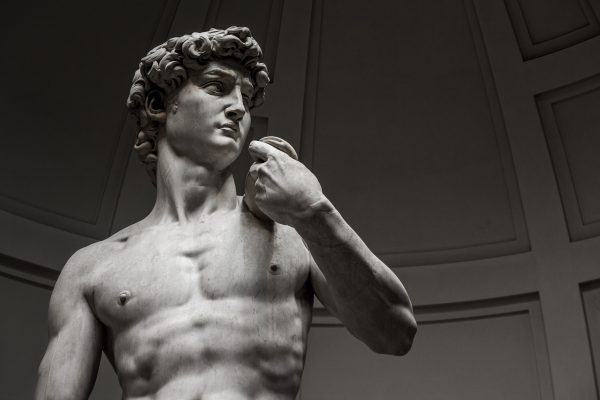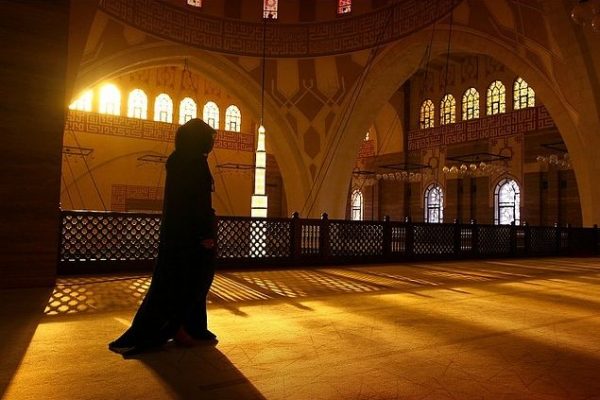The recently elected minister in charge of the status of women in Quebec, Canada, has recently made highly controversial remarks regarding the hijab; claiming that the hijab is essentially the “oppression of women”.
The recently elected minister in charge of the status of women in Quebec, Canada, has recently made highly controversial remarks regarding the hijab; claiming that the hijab is essentially the “oppression of women”.
The recently elected minister in charge of the status of women in Quebec, Canada has recently made highly controversial remarks regarding the hijab; claiming that the hijab is essentially the “oppression of women”.
Isabelle Charest, the minister of the status of women, recently gave a statement claiming that the scarf: “is not something women should be wearing…it does have, at some point, some significance about the oppression of women, and the fact that they have to cover themselves, for me its not my values…”
Ironically, she goes on to say that the hijab is troubling for her because “women should be free to wear whatever they want”, not realizing that by that definition, women should also be given the freedom to choose to wear the hijab if they so want.
Elected for the first time on October 1st, Charest also serves as the junior education minister for Quebec. Her worrying remarks coincide with the recent preparation by the Coalition Avenir Quebec government to introduce new legislation that would prohibit public sector workers, including teachers, from wearing any kind of visible religious symbols.
Other governmental ministers and officials were quick to condemn her remarks, however. Pierre Arcand, the interim leader of the Opposition Liberals stated that her remarks did nothing to improve the discussion around secularism, and that “these are subjects that call for deep reflection. We are for freedom of choice”. Marie-Claude Bibeau, Ottowa’s federal International Development Minister stated as well that women should have the freedom to choose “what they do with their body and how they want to dress”.
After heavy backlash, Charest has modified her statements on Wednesday, stating that: “Now, I know there are some women who choose to wear [the hijab]. That is their choice and I fully respect it”. Although she has publically modified her statements, there still remains the concern that there are many in government who still exhibit public shows of Islamaphobia without any serious form of repercussion for their words or actions.
By utilizing the timeless concept of the vulnerability and oppression of Muslim women, Minister Charest is simply echoing countless other government officials who display shows of soft Islamaphobia. By exhibiting concerns over the supposed oppression of Muslim women who choose to wear the hijab, Charest is equating Islam with backwardness, misogyny, and repressiveness. This dangerous rhetoric must not be taken lightly.





